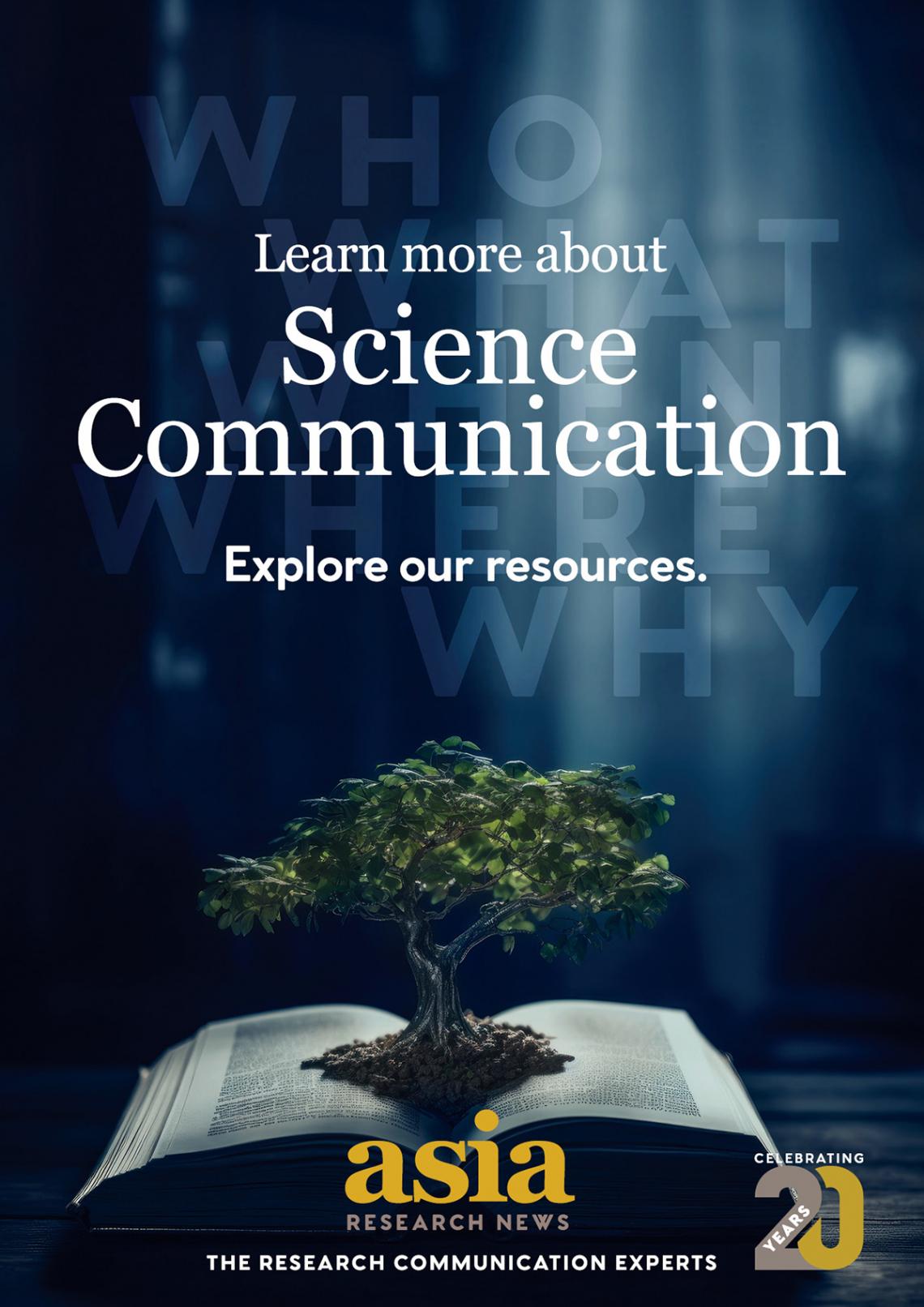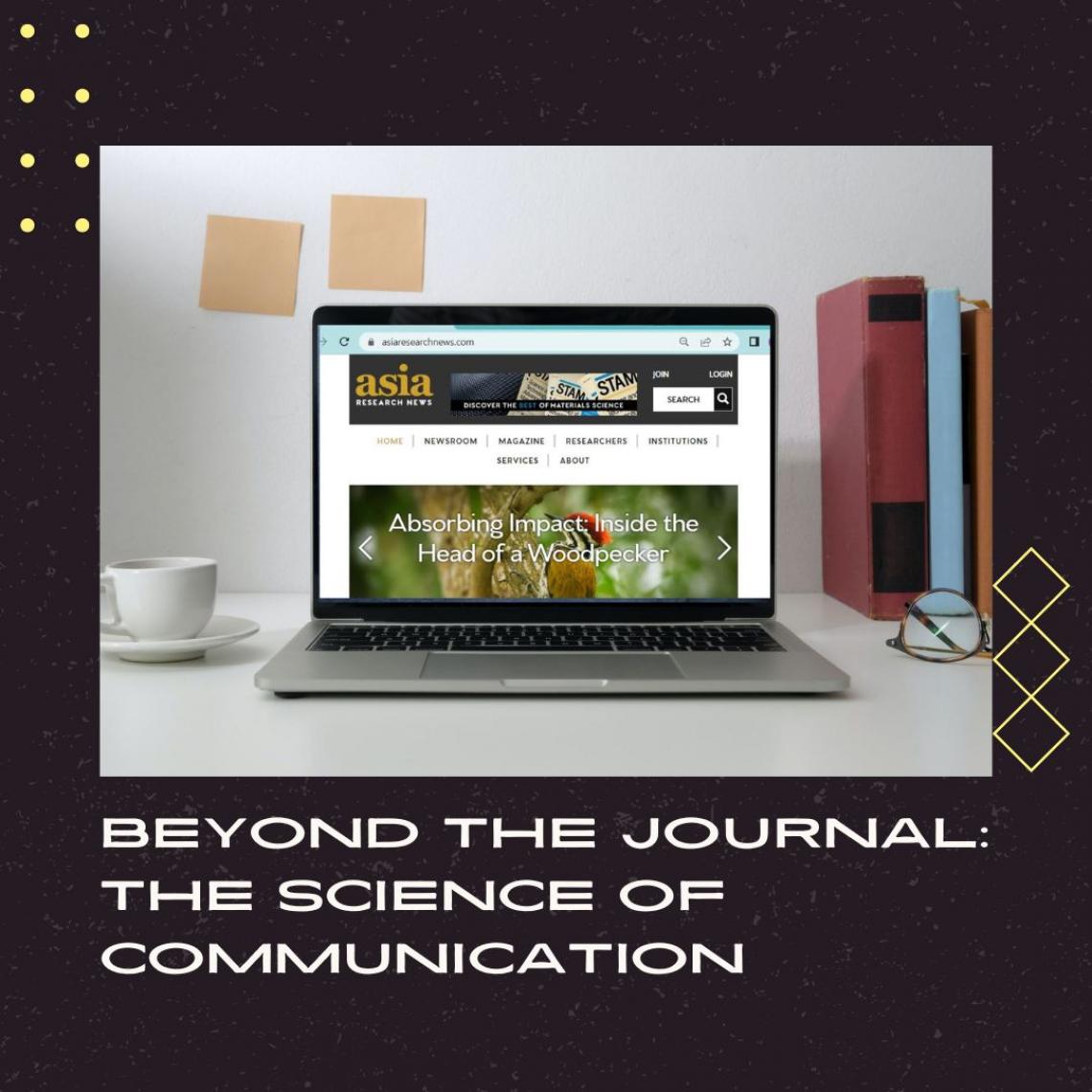Science communicators need to constantly adapt to changing media formats and pressing issues. There is a wide range of resources and opportunities that provide knowledge, tools and communities of practice for developing and enhancing sci comm skills. Here we list some courses, toolkits and guides, blogs and articles, events, grants and awards.
Science Communication Courses
Universities around the world offer science communication courses for communicators, journalists and scientists. Find one in your region:
Online course providers partner with universities and organizations to provide purely online academic and certificate programs.
Toolkits and Guides
- Beyond the Journal, the Asia Research News blog
- Communication Toolkit (American Association for the Advancement of Science)
- Do's and dont's in science communication (U.S. National Science Foundation)
- Guide to Science Communication (Hindawi Limited)
- Introduction to science communication (Newcastle University Library)
- Guidelines for good science PR (Wissenschaft im Dialog)
- Guide on talking about Covid-19 conspiracies (Sense About Science)
- Guide to being a press officer and other resources (Stempra)
- Getting started in science journalism (The Open Notebook)
- Resources for journalists (The UK Royal Statistical Society)
- Making Sense of Statistics (Sense About Science)
- Publications for journalists (Science Media Centre, UK)
- Publications for scientists (Science Media Centre, UK)
- Publications for press officers (Science Media Centre,UK)
- Toolkits for journalists (International Journalists Network)
- Toolkits for scientists, journalists, museums and social media (QUEST)
Blogs and article collections
-
Beyond the Journal, the Asia Research News blog
- Council for the Advancement of Science Writing Showcase for Award-winning Science Writing
- Clear and Vivid by Alan Alda podcast
- Feedstock has a list of science communication blogs to follow in 2023
- Nature Journals scicomm collection
- PLOS SciComm Blog
- The Science Basement
-
The Open Notebook features
- WissenschaftsKommunikation articles
Grants, Fellowships and Awards
- AAAS Ambassador & Fellow Programs
- AAAS Diverse Voices in Science Journalism Internship
- Abe Fellowship for Journalists
- Australasian Medical Writers Association (AMWA) Early Career Award
- EurekAlert Fellowships for International Science Reporters
- FameLab Thailand
- GAIA Media Fellowship on Climate – South and East Asia
- GAIA Southeast Asia(SEA) Biodiversity Media Bootcamp
- International Institute for Applied Systems Analysis Science Communication Fellowship
- Japan-U.S. Science Communication & Policy Fellowship Network
- John Maddox Prize
- Knight Science Journalism Fellowship Program at MIT
- National Science-Health-Environment Reporting Fellowships
- Swiss National Science Foundation
- Ted Scripps Fellowships in Environmental Journalism
- The National Academies Eric amd Wendy Schmidt Awards
- The Pulitzer Center’s Southeast Asia Rainforest Journalism Fund
- The Pulitzer Amazon Rainforest Journalism Fund
- The Reuters Institute for the Study of Journalism fellowships
- Without Borders Media Fellowship (South Asia)
If you would like to add more information to these pages, please email us at info AT asiaresearchnews.com. Please note that these resources are provided for information only and should not be taken as endorsement. Users are adviced to do their own diligent research before using any of these resources.







